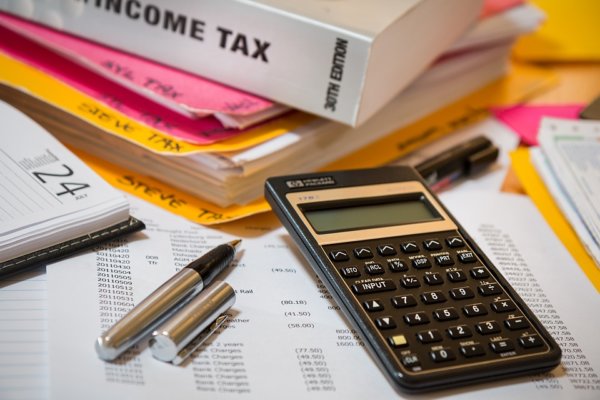
How to Budget Plan for a Small Business in the Early Years

Starting your own business is a joyful time for any entrepreneur; it is terribly exciting and nerve-racking in equal measures. There is so much that goes into these make or break first couple of years and it’s important to be able to be on top of budgeting if you are to make a success and it’s also essential to look at a lot of the aspects of setting up your own business which we will do here.
Spend the Time on a Detailed Business Plan
The business plan is the first place to start when looking to see how you will budget for a successful business. Not only is the business plan a useful tool to put down on paper your ideas and test whether they are likely to be successful or not but it gives a document to refer back to throughout the financial year to see if you are meeting your targets.
Know Who Your Customers Will Be
If you are to make your sales targets then you need to be able to know who is likely to be your customers so that you can target them effectively through targeted promotions. If you know their lifestyle, age range and geography you can target advertising to the places that they will be looking at and enhance your chances of success.
Be Meticulous in Your Costs Analysis
You have to be thorough and honest with yourself as to what level of resources, equipment and spending will be required to outfit your new business. You should find whatever method possible to keep outgoings as low as you can reasonably can do, only buy when necessary, leasing can help keep costs down and big items such as vehicles can be easily leased through an expert provider such as Intelligent Car Leasing who can give you advice on what type of leasing contract works best for you.
Keep Track of Your Spending
This sounds like it should be obvious but it’s surprising how many new business owners are lax with the book-keeping and don’t know where they stand currently financially. It is essential to know where you stand with regards to the current financial position, if you keep accurate records then you can see if it matches up with the original business plan and, if not, then you are in a position to assess why and take appropriate action to remedy this.
Only Use Borrowing if Absolutely Necessary
When considering if borrowing is necessary or essential you should make a complete plan to assess why you need the borrowing and how you intend to pay it back. As with any purchase, but even more so when under finance, any purchase should be assessed with the question in mind, ‘what is the business need for this purchase’. In this instance you should also add in to the equation is the cost of the interest on the borrowing as well as the repayments sustainable in light of the gain expected from the purchase.















































